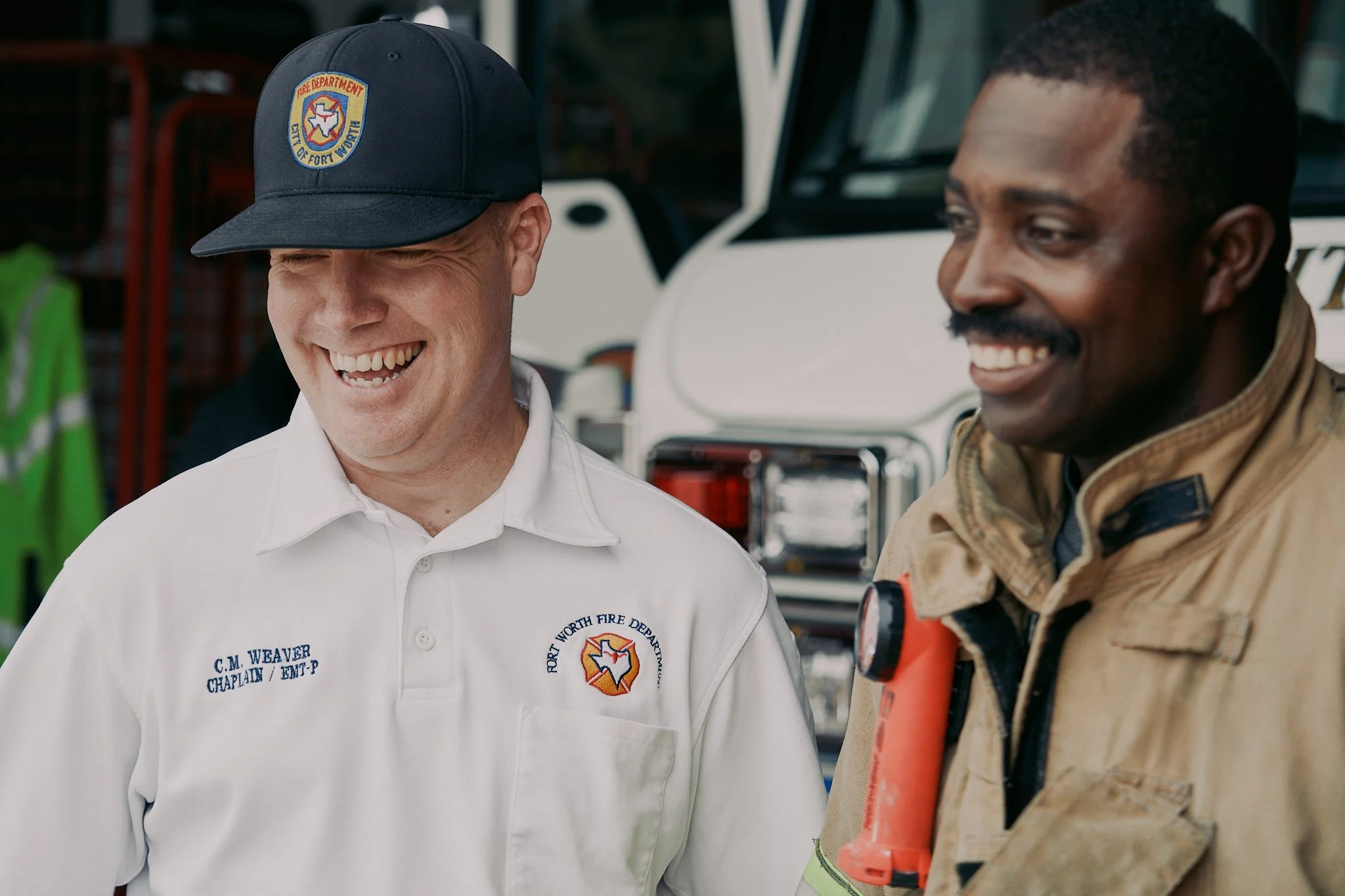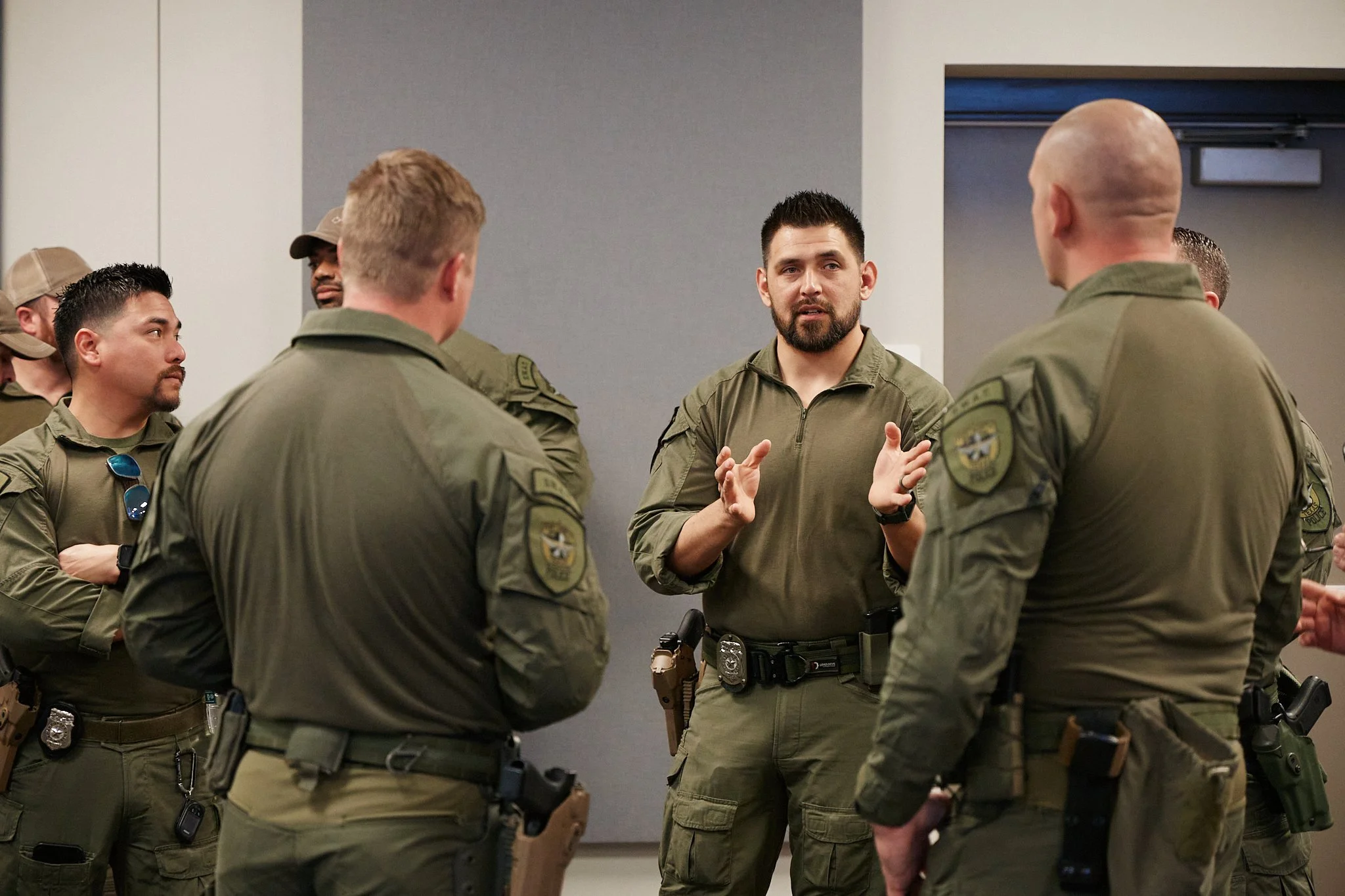R3 PROGRAM
Respond. Restore. Resolve.
Empowering First Responders Through Proactive Wellness
The R3 Program is a comprehensive wellness and resiliency initiative tailored to proactively address and heal moral injury among first responders.

“We need to move away from the stigma of mental health and prioritize our own wellness. Only then can we truly be there for others.”

Understanding Moral Injury
Moral injury occurs when someone witnesses or participates in an event that violates their deeply held moral beliefs—and is often accompanied by guilt, shame, grief, or a loss of meaning.
For first responders, this kind of trauma is more common than we’d like to admit—and it’s one of the leading contributors to emotional burnout and suicide.
Key Objectives of the R3 Program
Addressing Moral Injury
By proactively confronting moral injury, R3 aims to prevent long-term psychological consequences, reducing critical incidents within departments.
Eliminating Stigmas
R3 fosters an environment where mental health discussions are normalized, encouraging first responders to seek help without fear of judgment.
Non-Clinical Preventative Care
The program emphasizes non-clinical resources, allowing first responders to access support without the stigma associated with traditional mental health treatments.
By changing the conversation surrounding mental health, R3 aims to eliminate stigma and enhance the department's capacity to serve its individuals more effectively.
This groundbreaking program provides paid training time, allowing first responders to choose from approved non-clinical resources for preventative care.
Access to Resources
First responders can utilize a variety of approved non-clinical resources during paid training time, promoting proactive care.
Educational Campaigns
R3 conducts awareness campaigns to educate both departments and the broader community about moral injury and available support mechanisms.
Peer Support Networks
The program establishes peer support systems within departments, fostering camaraderie and shared understanding among first responders.

Join us as we revolutionize mental health support for first responder
Whether you're a police chief, fire captain, or city official, you have the opportunity to bring lasting change to your department. We’ll guide you through every step.















